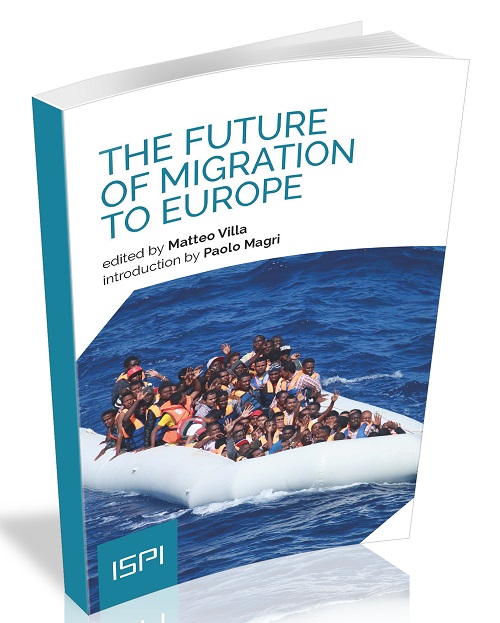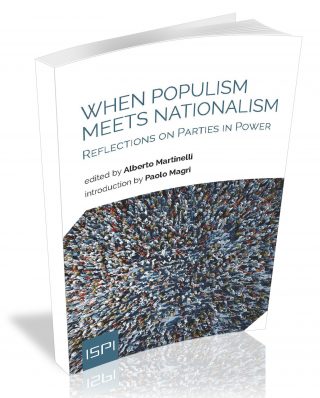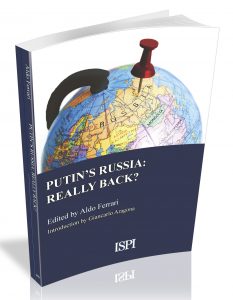Description
Even as the 2013-2017 “migration crisis” is increasingly in the past, EU countries still struggle to come up with alternative solutions to foster safe, orderly, and regular migration pathways, Europeans continue to look in the rear-view mirror.
This Report is an attempt to reverse the perspective, by taking a glimpse into the future of migration to Europe. What are the structural trends underlying migration flows to Europe, and how are they going to change over the next two decades? How does migration interact with specific policy fields, such as development, border management, and integration? And what are the policies and best practicies to manage migration in a more coherent and evidence-based way?
ISPI. The Italian Institute for International Political Studies (ISPI) is an independent think tank dedicated to being a resource for government officials, business executives, journalists, civil servants students and the public at large wishing to better understand international issues. It monitors geopolitical areas as well as major trends in international affairs. Founded in Milan in 1934, ISPI is the only Italian Institute – and one of the few in Europe – to place research activities side by side to training, organization of international conferences, and the analysis of the international environment for businesses. Comprehensive interdisciplinary analysis is achieved through close collaboration with experts (academics and non-academics alike) in political, economic, legal, historical and strategic studies and through an evergrowing network of think tanks, research centers, and Universities in Europe and beyond.






